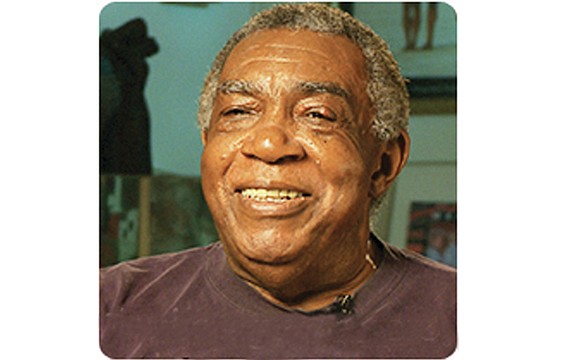Saluting Malcolm X, by A. Peter Bailey
5/14/2020, 6 p.m.
A former U.S. president has been quoted as saying, “Knowledge will forever govern ignorance. And a people who want to govern themselves must arm themselves with the power knowledge gives.”
No one whom I have ever met more clearly understood the realness of that observation than Brother Malcolm X, who once noted, “Education is our passport to the future, for tomorrow belongs to the people who prepare for it today.”
That’s why I believe the best way to celebrate Brother Malcolm’s 95th birthday on Tuesday, May 19, is to honor his role as a superb deliverer of knowledge. This is demonstrated in remarks that he delivered to 37 young black folks from Mississippi who, in December 1964, were sent to visit him in Harlem by the Student Nonviolent Coordinating Committee, or SNCC. After greeting them warmly, Brother Malcolm said, “...(T)he topics we are going to discuss in an informal way are Africa and the African revolution and its effect on the Afro-American. I take the time to mention this because I am one who believes that what happens on the African continent has a direct bearing on what happens to you and me in this country.”
This was probably the first time that those young folks had ever heard from a strong Pan-Africanist. He told them, “We of the Organization of Afro-American Unity realize that the only time the black man in this country is given any kind of recognition or even listened to is when America is afraid of outside pressure or when she’s afraid of her image abroad. So we saw that it was necessary to expand the problem and struggle of the black man in this country until it went above and beyond the jurisdiction of the United States.”
Brother Malcolm told them about his May 1964 trip to Africa where he had audiences ranging from 11⁄2 hours to 3 hours with Presidents Gamal Abdel Nasser of Egypt, Nnamdi Azikiwe of Nigeria, Kwame Nkrumah of Ghana, Jomo Kenyatta of Kenya, Sékou Touré of Guinea and Julius Nyerere of Tanzania. Also Prime Minister Milton Obote of Uganda.
Those kinds of connections, he told the young folks, are important because they would provide pressure on the U.S. government to do something about the terrorism going on in Mississippi.
“I point this out to you to let you know that when you are in Mississippi, you are not alone ...,” he said.
That was a caring visionary, determined warrior and master teacher providing knowledge to those young black people. That’s why we salute and honor him on his birthday.
The writer is an author and journalist based in Washington.






